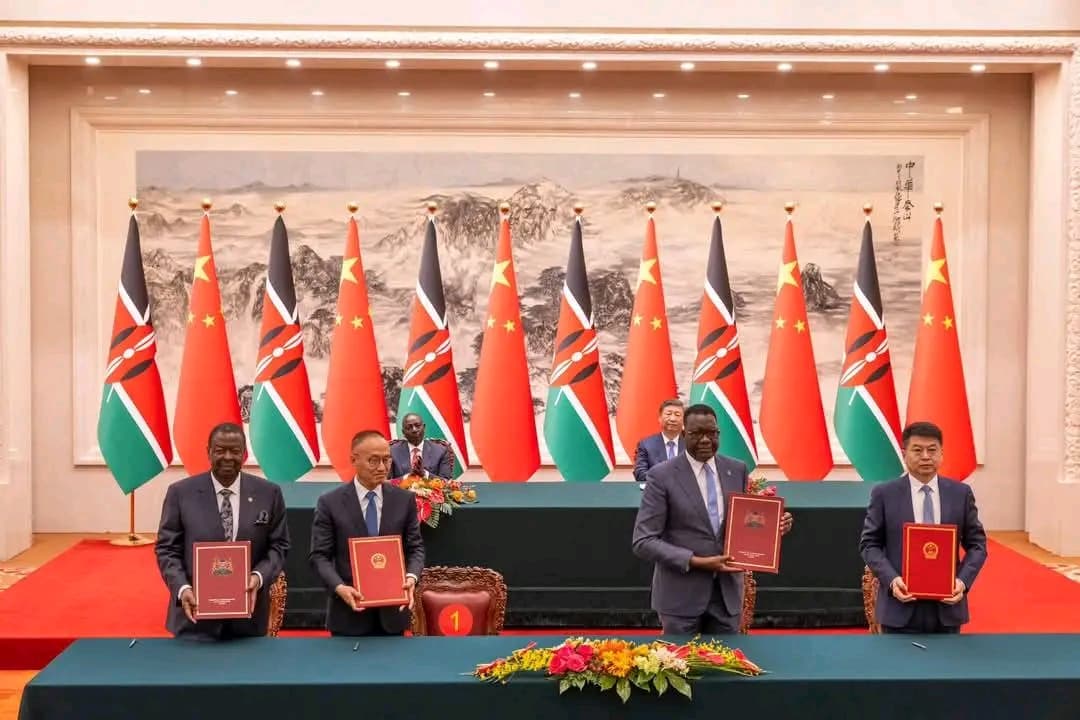A paper delivered by Hashimu S. Argungu (DIG Retd), Chairman, Police Service Commission, at the Round-Table Discussion on Focus, Programmes, and Strategies for the Police Academy Centre for the Study of Police and Policing, organized for experts from the academia, serving and retired senior police officers by the Provost Police Academy, Wudil-Kano, on 8th July 2024
Introduction
The contemporary landscape of security in Nigeria is shaped by complex challenges and evolving prospects that necessitate a forward-looking approach. The Police Academy Centre for the Study of Police and Policing stands at the forefront of addressing these dynamics. Today’s discussion underscores the critical need for re-evaluating policing strategies to align with the 21st-century demands, a task that is both urgent and essential.
The New Dimension of Security Challenges
In the 21st century, security issues have expanded beyond traditional factors such as unemployment and poverty. Modern threats now encompass cyber warfare, robotics, and social media misuse. Social media, while a tool for positive change, also facilitates the spread of malicious content and recruitment by extremist elements. This digital era demands a paradigm shift in how we approach and manage security challenges.
The Imperative of Modernization in Policing
To meet contemporary security needs, policing must evolve. This evolution is driven by the integration of world-class training, advanced technologies, and international cooperation. As Peter Drucker aptly put it, “innovate or die,” and Steve Jobs emphasized that “innovation is the only way to win.” Traditional methods of policing and intelligence gathering are becoming obsolete, necessitating a modernized approach that leverages technological advancements.
Anticipated Goals and Objectives of the Centre
The Centre aspires to become a global center of excellence in police training and research. Its objectives include:
- Producing ethical and professional police officers who meet global standards.
- Addressing the security requirements of the digital age.
- Providing strategic training for middle and top-level executive leaders in policing.
- Building a cadre of exemplary officers committed to upholding the rule of law and human rights.
- Supporting other security agencies and private guards through capacity building.
Scope of Discussion
The discussion will cover several critical areas, including:
- Definitions and concepts related to policing and security.
- The nature and historical evolution of policing practices.
- The challenges and prospects facing contemporary Nigeria.
- An agenda for the Police Academy Centre to enhance policing and security strategies.
Operational Definitions
Understanding key terms is crucial for clarity:
- Police: Defined by various laws and dictionaries as a branch responsible for maintaining public order and safety.
- Policing: Refers to the activities undertaken by police officers to enforce law and order.
- Security: A broad concept encompassing various protective measures, from physical barriers to digital encryption.
- Cyberwar and Hacker: Terms describing state-sponsored attacks on digital systems and unauthorized access to computer systems, respectively.
Historical Context of Policing
Policing practices have evolved significantly from ancient times, with notable developments occurring in ancient Babylon, Biblical and Qur’anic accounts, and through the British colonial period in Nigeria. Understanding this historical context provides insight into current practices and challenges.
Major Challenges and Problems
Contemporary Nigeria faces several significant challenges:
- Educational System Inefficiencies: Ineffective education contributes to unemployment and poverty.
- Criminal Justice System Issues: Antiquated practices, impunity, and corruption undermine justice.
- Cybercrime Threats: The rise of digital crimes, including social media manipulation and cyber-attacks, poses new risks.
- General Moral Decadence: Corruption, professional misconduct, and political manipulation complicate the security landscape.
Prospects of Information and Communication Technology
ICT offers transformative potential for policing, including:
- Enhanced security measures and faster processes.
- Improved integration and automation, reducing costs and sharing information globally.
- Electronic evidence preservation and harmonized standards.
Agenda for the Police Academy Centre
To effectively tackle 21st-century challenges, the Centre should focus on:
- Adapting to technological advancements.
- Emphasizing human rights and dynamic leadership.
- Developing comprehensive strategies and systems for intelligence-led and community policing.
- Updating curricula to include contemporary laws, ethics, and digital evidence handling.
Conclusion
The evolving security landscape of Nigeria demands a proactive and innovative approach. The Police Academy Centre for the Study of Police and Policing must lead in adapting to these changes, ensuring that its strategies and training align with contemporary needs. By embracing technological advancements and modernizing its approaches, the Centre can significantly contribute to enhancing national security.
DIG Hashim Argungu, Chairman, Police Service Commission










